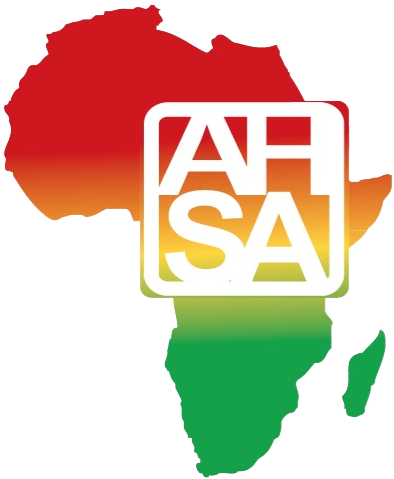Membership Information
Supporting exploration, education, and preservation.
What Our Members Say

I was born with the spirit of AHSA in my DNA. My formal education was devoid of any positive historical references to Africa, African history or people of African descent, and I spent 26 years searching for cultural groundings. I was introduced to the writings of Dr. Clarke in 1978 and met him in 1981. The teachings of Dr. Clarke awakened a spirit buried deep within my soul. It led to my creating IKG in 1982 and Dr. Clarke writing the introduction to my book, Nile Valley Contributions to Civilization a decade later. Four past Presidents of AHSA were instrumental in shaping my thoughts, guiding my career and influencing my ability to influence hundreds of thousands around the globe. I owe my life to the African Heritage Studies Association and pledge to promote their work and amplify their message–for as long as I live.
“Passionate members, united in purpose.”

My deep commitment to the mission of the African Heritage Studies Association is a fundamental aspect of my life. In support of this dedication, I have created the following video. I invite you to view it.
“Dedicated hearts, driving our mission.”

I am a life member and work on the board of directors of AHSA because I believe in its mission, see the need to continue the legacy our founders so aptly began, and hope others will join us to help build on their legacy to ensure African people are not a footnote but leaders of all things “African.”
“Loyal members, fueling our vision.”

I am Dr. Elsie Scott, a political scientist who serves as the Director of the Ronald W. Walters Leadership and Public Policy Center at Howard University. I was introduced to AHSA by Dr. Mae C. King when I moved to Washington, DC in the 1970s. I learned more about AHSA when I enrolled in the doctoral program at Atlanta University where Dr. Shelby Lewis was a very active member. I do not recall whether I was a paid member or whether I was just a volunteer.
I was impressed with the fact that AHSA was founded because the African Studies Association (ASA) was not focused on African issues except from a European perspective. I was impressed with the leadership of Dr. John Henrik Clarke, and I great thinkers like Leonard Jeffries, Bill Strickland, Ronald Walters, Jim Turner and Charshee McIntyre were actively engaged. They were not only scholars, but they were actively working for African liberation.
When Shelby Lewis began work on reactivating AHSA, I was one of the persons she called and asked to serve on the board. I had a lot on my plate, but she convinced me there was still a need for AHSA. She thought that I could use my position at Howard University to help to recruit young people to the organization. I recognized that many young Black scholars were not aware of AHSA, and they needed to be introduced African studies from a more radical, liberating perspective. African scholars studying in the United States need to be introduced to African American scholars who were not tied to colonial thinking.
Even though many of the original leaders of AHSA have joined the ancestors, and those who are still living have reached senior status, there is much that can be learned from the founders and original members. The sense of community that has always been a part of the culture of AHSA still lives. There is, however, much that can be contributed by scholars and activists from throughout the African Diaspora from historical, activism, and nation-building perspectives.
John Henrik Clark said that “history is not everything, but it is a starting point”. The founders gave AHSA its starting point. It is up to the succeeding generations to preserve what has been received and keep it growing. Each generation has an obligation to hand AHSA to the next generation in better shape than what was passed down to it. What is your commitment?
Supporting exploration, education, and preservation.
Subscribe For Offers
Subscribe for early access offers, discounted rates, and you can cancel at any time.

